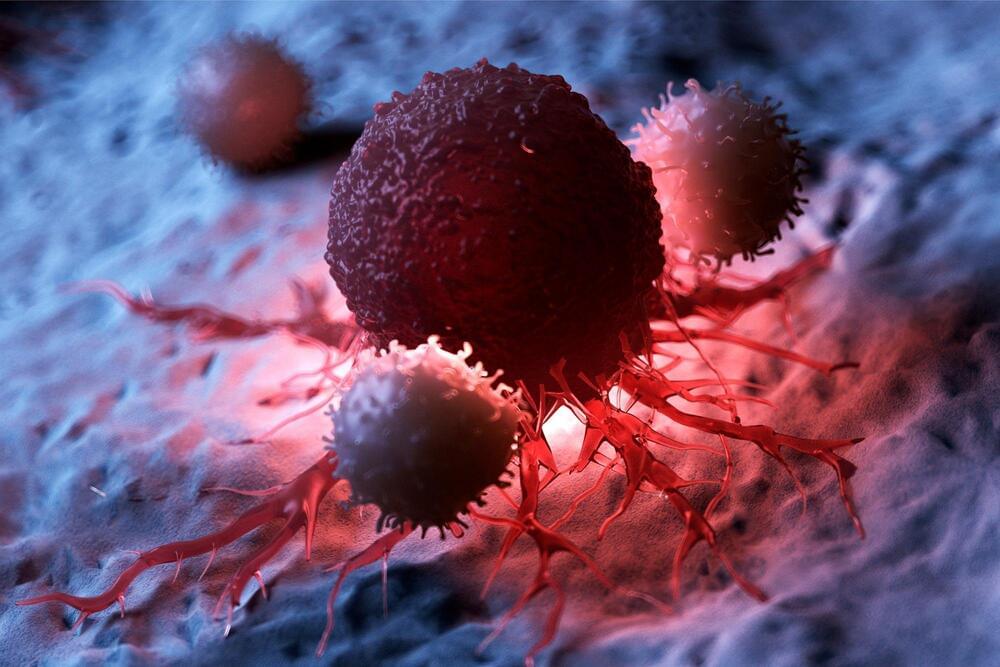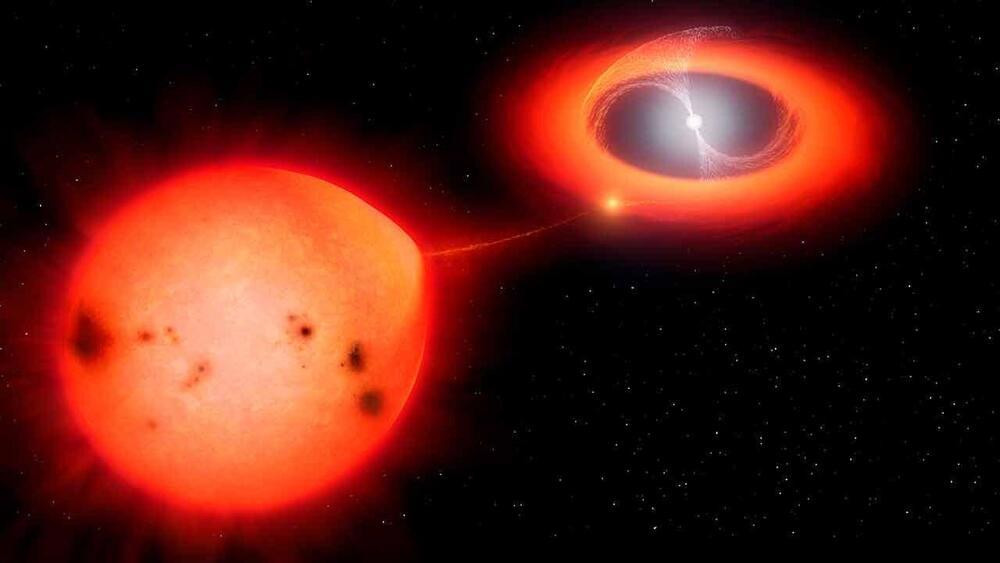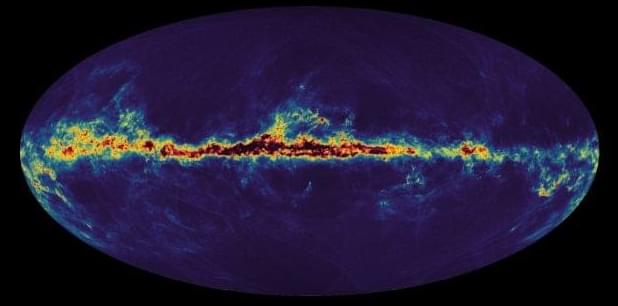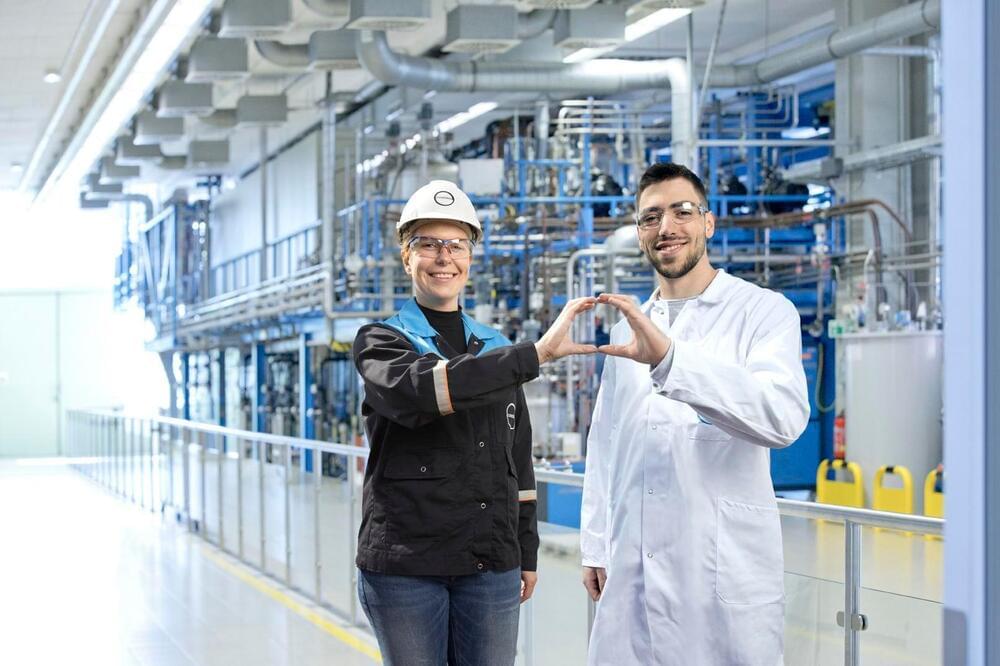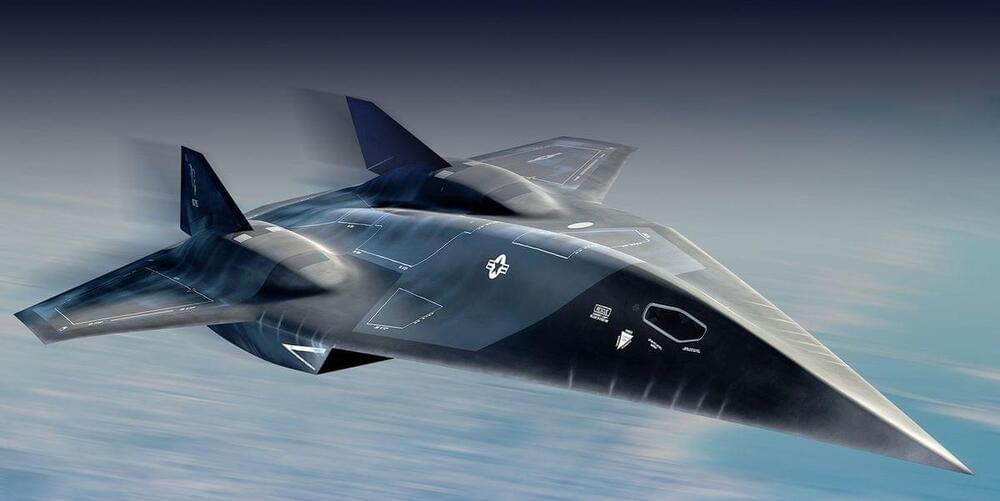Jun 15, 2022
Scientists Develop “Nanomachines” That Can Penetrate and Kill Cancer Cells
Posted by Quinn Sena in categories: biotech/medical, nanotechnology
A research team from the Korea Institute of Science and Technology has developed ‘nanomachines,’ which use mechanical molecular movements to penetrate and destroy cells. Selective cancer cell penetration is also possible by using a latch molecule released near cancer cells. Cancer is a condition where some of the body’s cells grow out of control and spread to other bodily regions. Cancer cells divide continually, leading them to invade surrounding tissue and form solid tumors. The majority of cancer treatments involve killing the cancer cells.
According to 2020 estimates, 1.8 million new instances of cancer were diagnosed in the US, and 600,000 people passed away from the condition. Breast cancer, lung cancer, prostate cancer, and colon cancer are the most common cancers. The average age of a cancer patient upon diagnosis is 66, and individuals between the ages of 65 and 74 account for 25% of all new cancer diagnoses.
Proteins are involved in every biological process and use the energy in the body to change their structure via mechanical movements. They are referred to as biological ‘nanomachines’ since even minor structural changes in proteins have a substantial impact on biological processes. To implement movement in the cellular environment, researchers have focused on the development of nanomachines that imitate proteins. However, cells use a variety of mechanisms to defend themselves against the effect of these nanomachines. This restricts any relevant mechanical movement of nanomachines that could be used for medical purposes.
